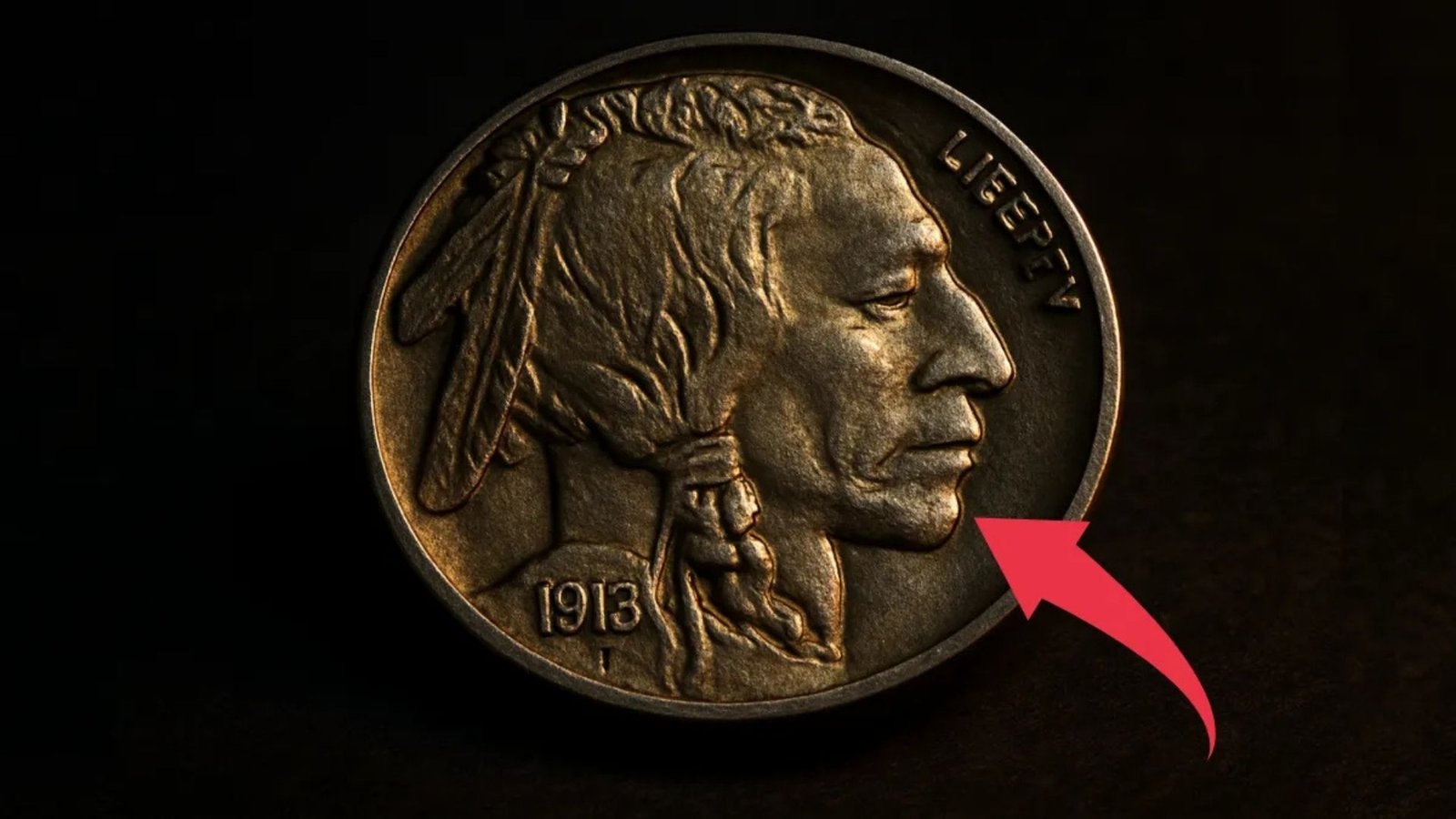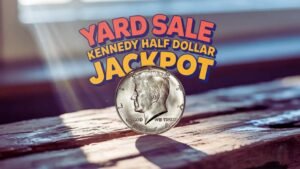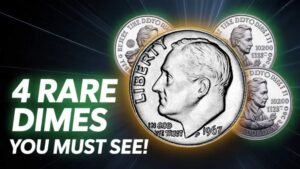Imagine buying a cup of coffee with loose change and unknowingly handing over a coin worth $6.1 million. That’s the shocking story behind a rare Buffalo nickel recently discovered in circulation. How could a nearly century-old coin survive unnoticed, and what makes it so valuable? Let’s unravel this fascinating mystery.
The Story of the Buffalo Nickel
The Buffalo nickel, officially known as the Indian Head nickel, was minted from 1913 to 1938. Designed by sculptor James Earle Fraser, it features a Native American profile on the obverse and an American bison on the reverse. Its bold design makes it one of the most iconic U.S. coins, but certain rare issues have skyrocketed in value.
The Nickel Worth Millions
The coin that stunned collectors is believed to be the 1913 Liberty Head Buffalo nickel — one of only five known to exist. While most Buffalo nickels show the bison design, this transitional piece retained the earlier Liberty Head motif, making it incredibly rare. In top condition, this nickel fetched $6.1 million at auction.
Why This Nickel Is So Valuable
Several factors make this coin a treasure:
- Extremely low mintage — only five were struck.
- Unique transitional design — Liberty Head on one side, predating the Buffalo reverse.
- Provenance — well-documented history adds to its value.
- Condition — mint state examples are nearly flawless.
Comparison: Common vs. Rare Buffalo Nickels
| Feature | Common Buffalo Nickel | $6.1M Rare Nickel |
|---|---|---|
| Year Range | 1913–1938 | 1913 (Liberty Head) |
| Average Value | $1 – $50 | $6.1 Million |
| Mintage | Millions | Only 5 |
| Availability | Easy to find | Extremely rare |
Hidden Treasures in Your Change
Though finding a $6.1 million Buffalo nickel is like hitting the lottery, many Buffalo nickels are still worth much more than face value. Variants with rare dates, doubled dies, or full details can fetch hundreds or thousands. That means checking your pocket change might not be a waste of time after all.
Most Valuable Buffalo Nickels to Look For
| Year / Type | Estimated Value Range |
|---|---|
| 1913-S Type 2 | $300 – $10,000+ |
| 1916 Doubled Die Obverse | $3,000 – $50,000 |
| 1937-D “Three-Legged” | $1,000 – $100,000 |
| 1918/7-D Overdate | $3,500 – $75,000 |
| 1926-S | $100 – $30,000 |
Expert Tips for Collectors
- Check the date and mintmark — coins from Denver (D) and San Francisco (S) often carry premiums.
- Look for errors — such as doubled dies, overdates, or missing details.
- Condition is king — higher grade coins, especially with full horn or full bison details, bring top prices.
- Consider grading — certified coins from PCGS or NGC are far more trusted.
FAQs
Q: Can I really find rare Buffalo nickels in circulation today?
A: It’s rare but possible. Most turn up in coin collections, estate sales, or coin rolls.
Q: Why are Buffalo nickels so popular with collectors?
A: Their bold design, rich history, and rare varieties make them a favorite.
Q: Are all Buffalo nickels valuable?
A: No. Many are common, but rare dates and errors can be worth thousands.
Conclusion: Could Your Change Hold a Fortune?
The discovery of a $6.1 million Buffalo nickel proves that extraordinary treasures can hide in plain sight. While most nickels are worth only five cents, rare examples like the 1913 Liberty Head or the 1937-D Three-Legged can change someone’s life. Next time you get change, don’t just spend it — inspect it. Your pocket could be holding history worth millions.



